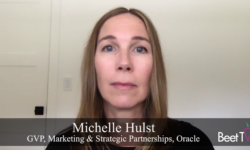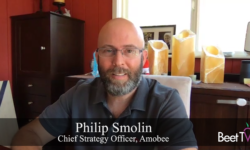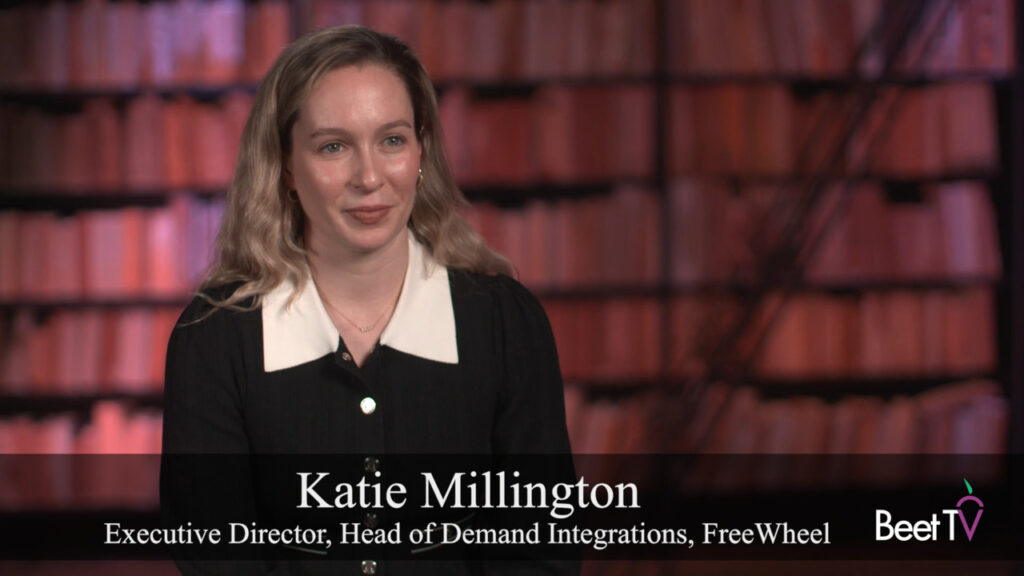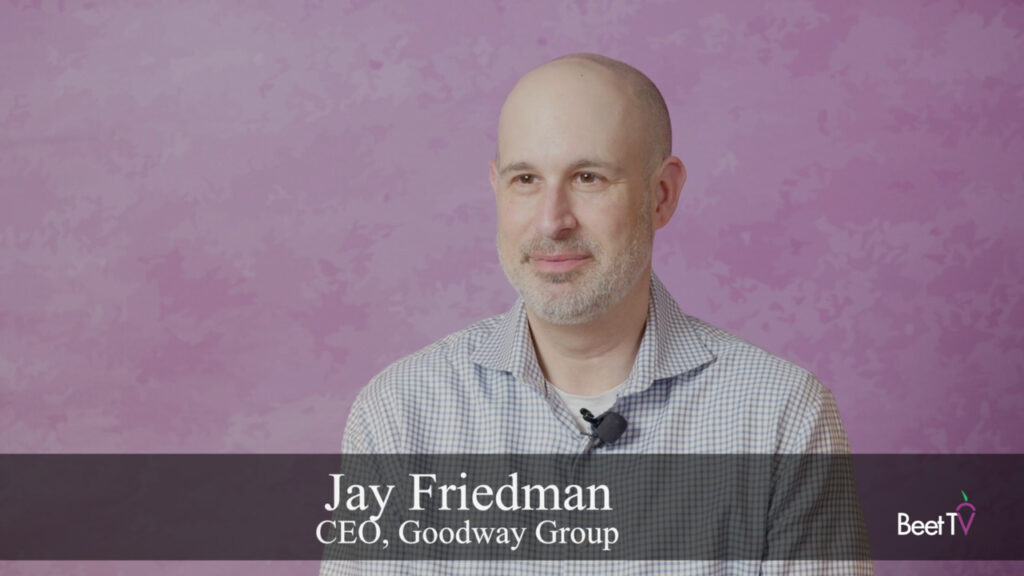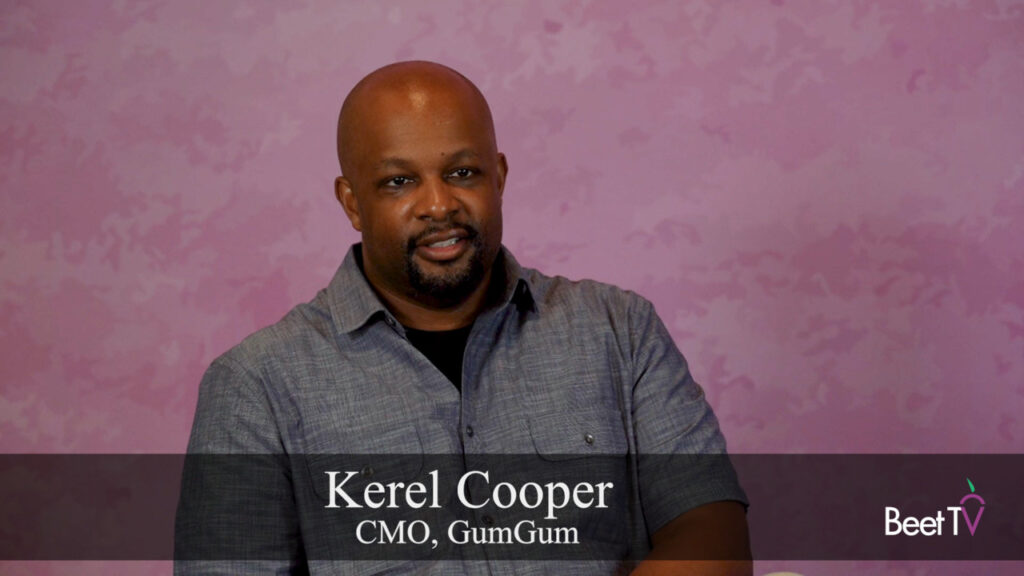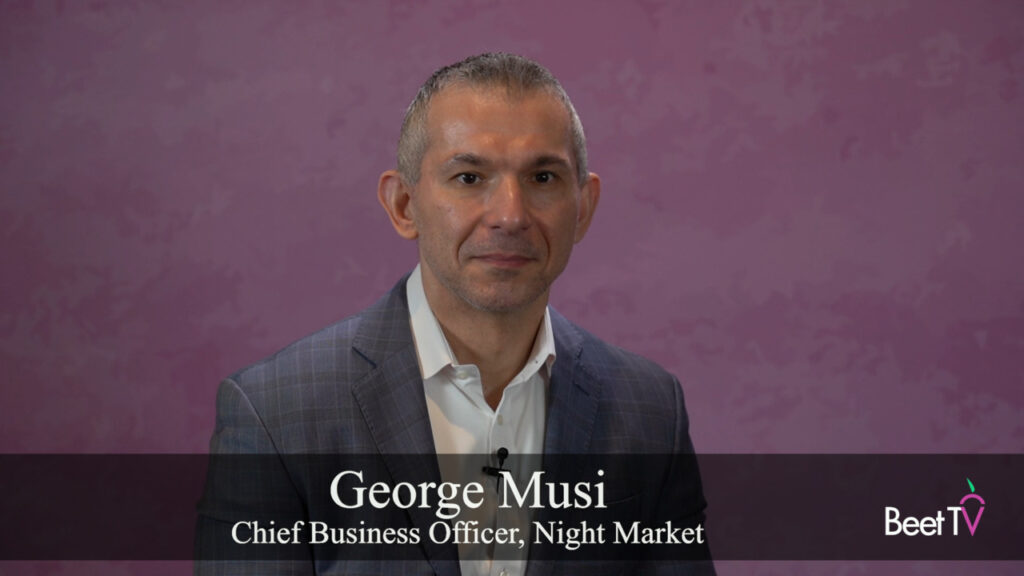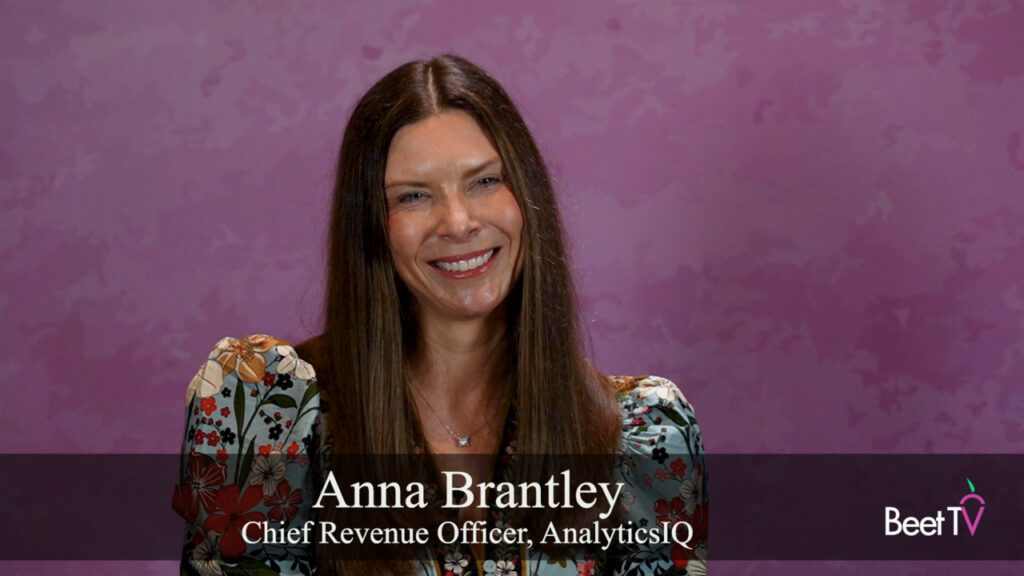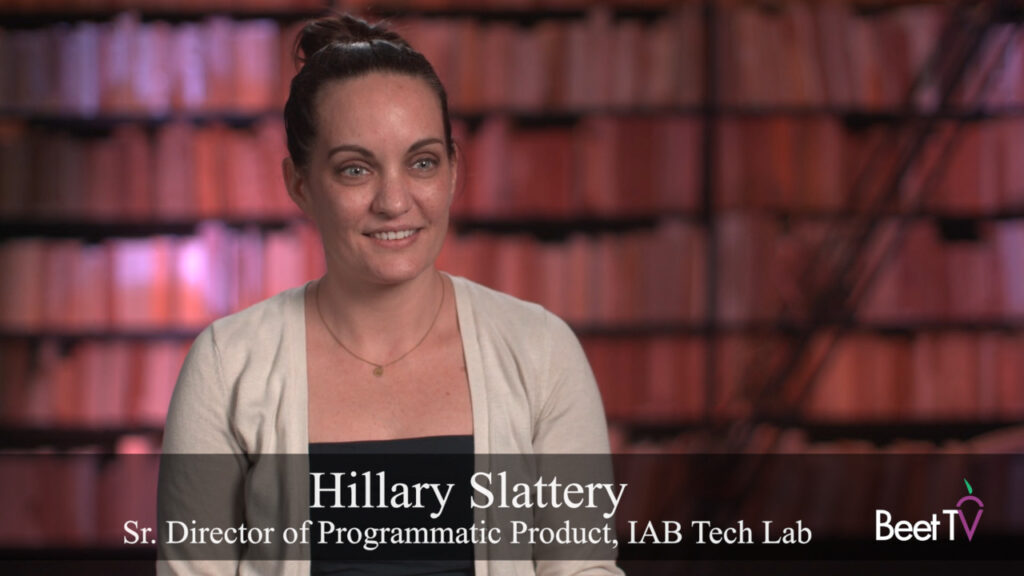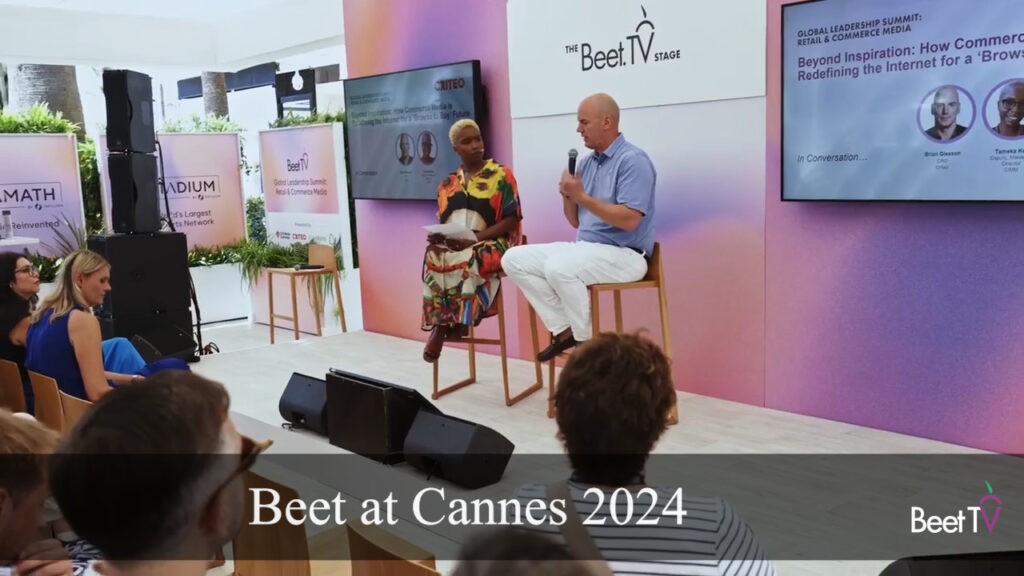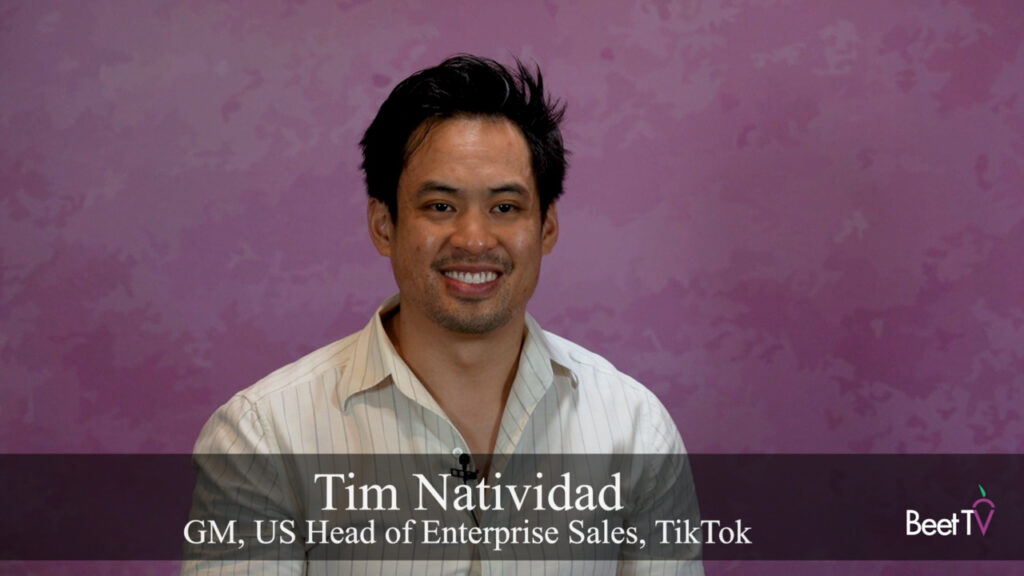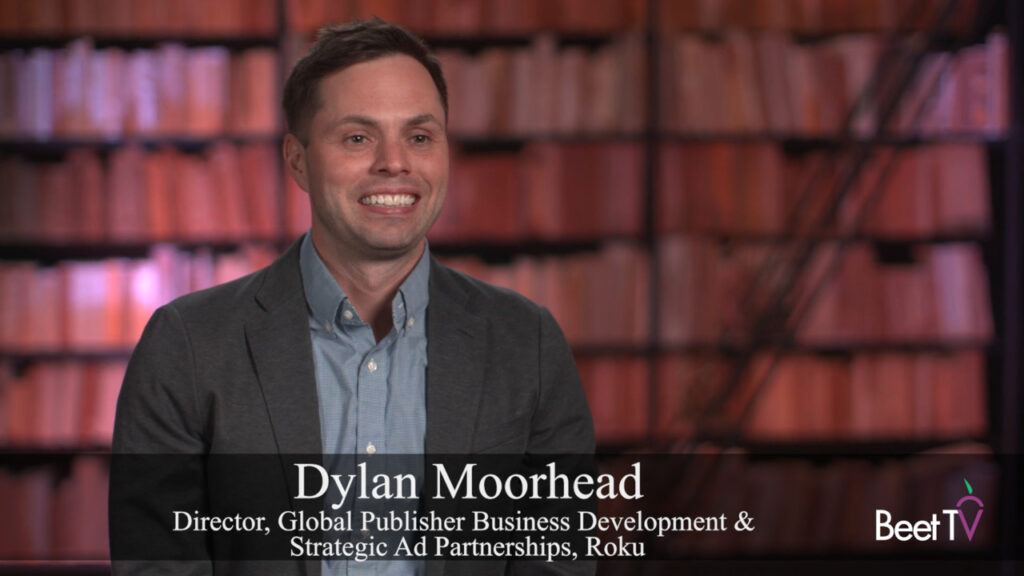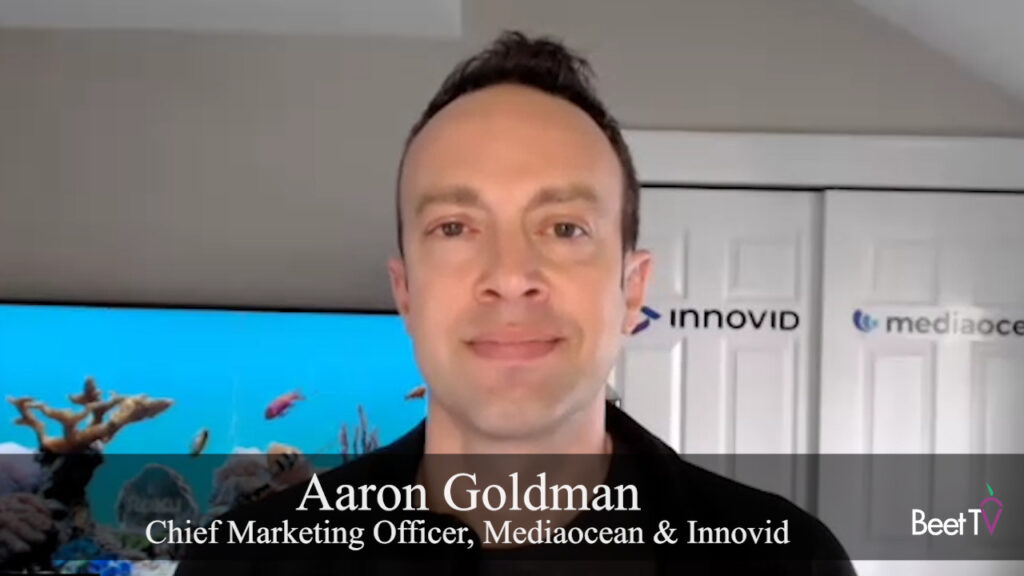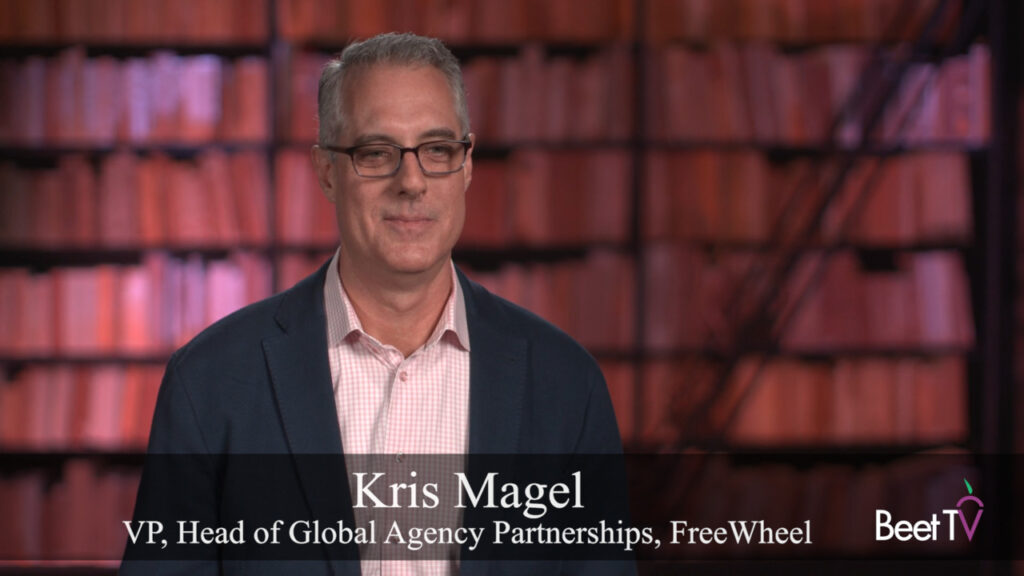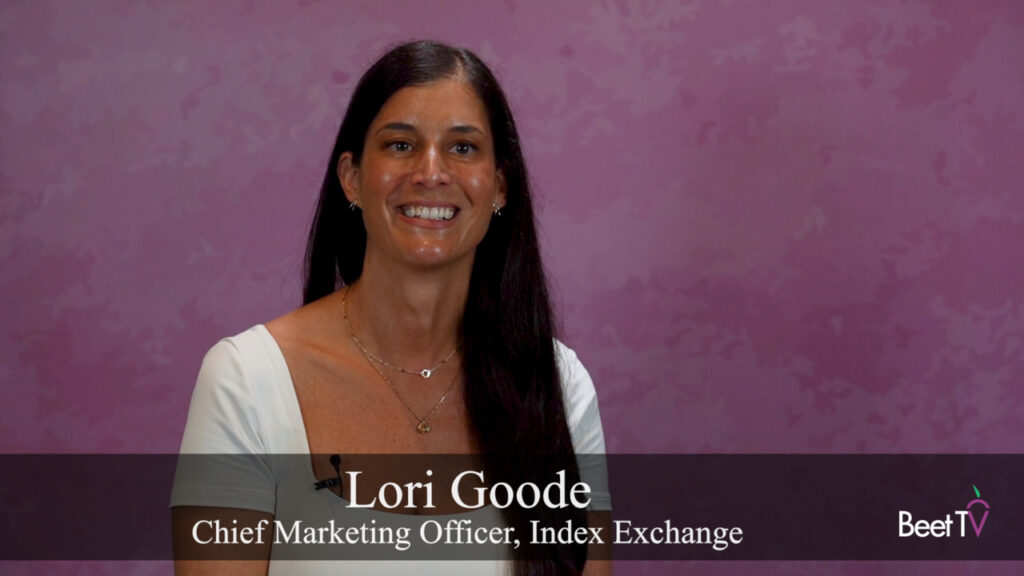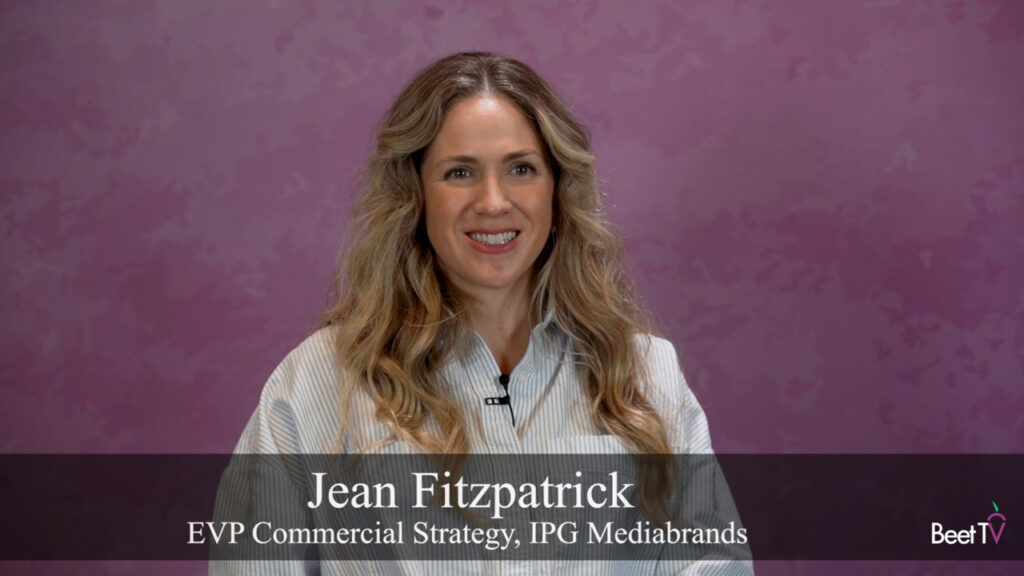The ad industry should scrap retargeting and volunteer to be regulated in order to properly embrace the opportunities of audience personalization.
That is according to Comcast’s strategy VP Claudio Marcus.
In the marketing world, software is increasingly allowing consumers to tailor the kinds of content they want – and allowing marketers to build personal profiles of audiences they want to target.
But, in this video interview with TransUnion’s Matt Spiegel, Comcast’s Marcus says that value exchange needs to be recalibrated.
Post-pandemic personalization
“I think we are going to see some acceleration (of personalization) due to the changes in conditions and a greater understanding of the role that data plays,” Marcus says.
“One of the ways that we can support that acceleration is to remove … some of the concerns that people have about abuses of data, privacy and security of data.
“(We should be) adopting standards as an industry or even agreeing to some degree of regulation.
“We can put our best foot forward and start to recognize the things that get in our way of actually having a more fruitful value exchange for both consumers and marketers.”
New insights from @FreeWheel on premium video viewing trends:
✅ 80% are spending more time with video since physical distancing began
✅ 32% are watching “a couple hours more per week”
✅ 22% watching 1-2 hours per day more
See @bcbeat for more: https://t.co/HPRz8IVKzI pic.twitter.com/qOrXi5NPfN
— FreeWheel, A Comcast Company (@FreeWheel) April 28, 2020
Value exchange
Modern advertising capabilities allow marketers to target individuals by a plethora of data points, even down to their shopping activities as reported by their credit card provider.
In return, they can receive more relevant content and more relevant ad messaging.
Marcus says: “If we have a common understanding of what ads you’ve been exposed to, we can then limit the number of times that you’re exposed to a particular ad.
“That’s a good value exchange for the marketer in sense of not delivering too much frequency of ad exposure. And it’s a very good value for the consumer that doesn’t want to be overexposed to the same ad over and over.”
The quest for control
Consumer sentiment makes the importance of that relationship clear to advertisers. Harvard Business Review recently reported:
“A 2019 survey conducted by Cisco of 2,601 adults worldwide examined the actions, not just attitudes, of consumers with respect to their data privacy. The survey reveals an important new group of people — 32% of respondents — who said they care about privacy, are willing to act, and have done so by switching companies or providers over data or data-sharing policies. We call this group privacy actives and, to our best knowledge, this is the first time such a group has been identified.”
But, whilst this active group is relatively comfortable with the trade-off of privacy against value, those who are less active are less comfortable.
In other words, for that relationship to be put on an equal footing, more consumers need to be given more levers of control.
Go high-value
Regulation has already begun to do that, with marketers in many markets now required to obtain explicit opt-in for use of consumer data.
But Comcast’s Marcus thinks something else needs a reboot.
“We need to be respectful and have people understand also that when we talk about personalization,” he says. “Even though the benefit to the consumer is a more personalised experience, from a data perspective, what we’re doing is aggregating data sets to understand groups of people that share some common interests.
“That’s kind of lost in the way we execute things today. We need to establish that value exchange where people understand.”
“(We should) get rid of ads that follow you around, or that you’re exposed to over and over. Just a few very core, very high-value applications for consumers could help us illustrate the case that we do take these things into account and that we’re trying to focus on creating more value by delivering more relevant content, more relevant products, without being annoying about it.”






